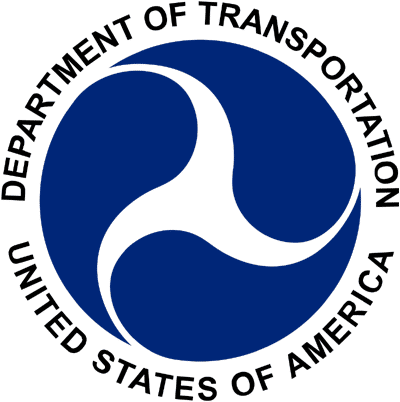Texas Dept. of Transportation Updates
DUI Incidents in Dallas, TX
In the bustling city of Dallas, Texas, DUI incidents remain a significant concern for the Department of Transportation (DOT) and public safety officials. In recent years, there has been a concerted effort to reduce alcohol-impaired driving incidents through various strategies, including enhanced law enforcement presence, public awareness campaigns, and stricter penalties for DUI offenses. These efforts have seen some success, with DUI-related accidents decreasing slightly. However, Texas continues to rank among the states with the highest number of DUI incidents per capita, largely due to its size and population. In Dallas County, collaboration between local law enforcement and state agencies seeks to further reduce these numbers, but challenges remain, particularly in addressing repeat offenders and boosting community education on the dangers of impaired driving.
Drug-Involved Accidents in Dallas, TX
Drug-involved accidents present a significant challenge in Dallas, Texas—a major urban hub in the state. These incidents often involve not only unlawful controlled substances but also prescription medications that adversely affect driving capabilities. The DOT has been actively working with Dallas law enforcement and community organizations to curb drug-related traffic incidents. Efforts include specialized training for officers to recognize drug impairment, and the introduction of new testing technologies to ensure on-road safety. Despite efforts, Dallas County continues to see a high number of drug-involved accidents, underscoring the need for comprehensive strategies that address prevention, timely intervention, and robust post-incident analysis. Collaborative efforts across Texas aim to significantly reduce these numbers in urban centers like Dallas.
Marijuana-Related Accidents in Dallas, TX
With several states in the U.S. legalizing marijuana, including neighboring states, Texas faces unique challenges when it comes to marijuana-related traffic incidents. Although marijuana is not legal for recreational use in Texas, Dallas has seen an uptick in marijuana-related accidents. The consistent challenge for the Department of Transportation in Dallas, TX, is effectively managing the implications of marijuana use and driving. Current strategies involve training local law enforcement officers to better identify signs of marijuana impairment during traffic stops and incidents. Public awareness campaigns are also crucial, focusing on the effects of marijuana consumption on driving ability. Despite these efforts in Dallas County, Texas, marijuana-related accidents require ongoing attention, particularly in areas near state borders where differing laws may influence behavior.





















